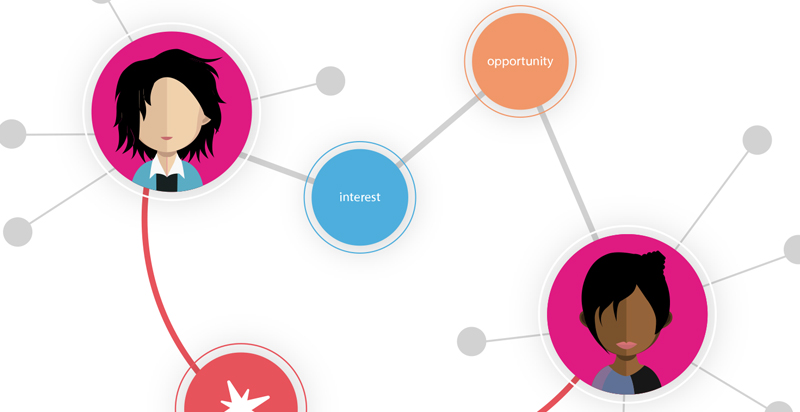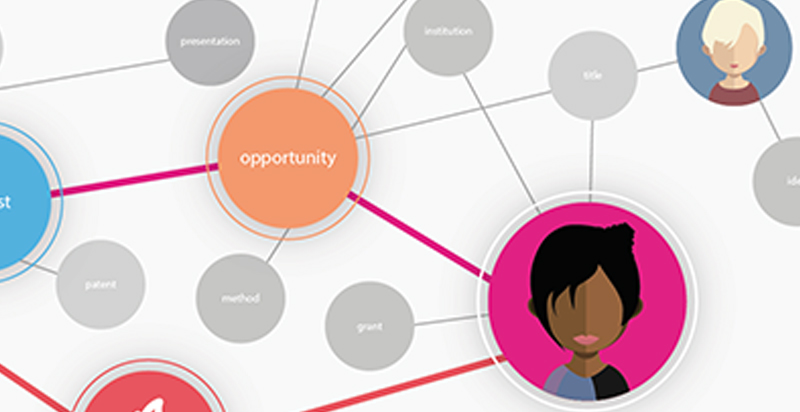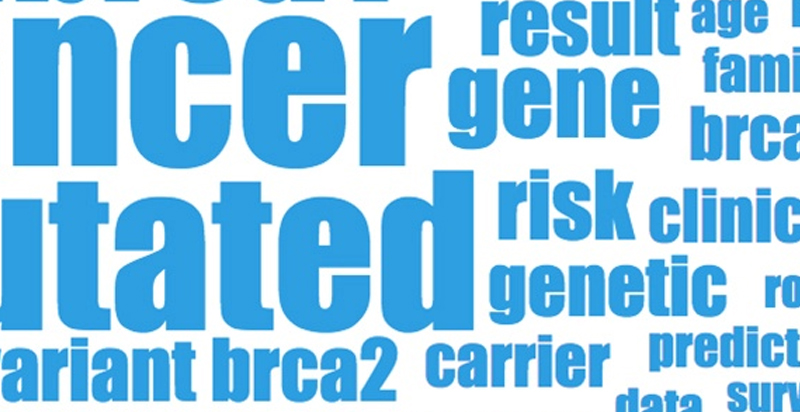How do you pick who works together, who reports to whom, and who exchanges information with whom? Usually it gets done within a department, within a project team, or based on some other common ground. It turns out we should be focusing on our differences a bit more.
Read More »Blog
The Best Innovation Management Software for Complex Problems
Some problems are complicated. Finding a solution requires expertise and analysis, but the solution exists. Sky scrapers are complicated. Some problems are complex or even wicked. These problems have no solution. They’re too big, too slippery, too thorny.
Read More »What Neuroscientists and Software Developers Discovered in a One-Day Hackathon
The goal: investigate huge amounts of research data in new ways. The pool for teams: neuroscientists, data scientists, and software developers. The result: answering questions we didn’t even know we had.
Read More »An Activity to Improve Idea Generation and Network Brokering
Within a group, a team, a network, or organization that relies on members being connected to one another, connections can be based on a number of factors but almost always rely on the availability, awareness, and mobility of knowledge or information essential to the group. How does information move within a group or across groups? We are interested in identifying catalyzing actions that occur in group interactions to facilitate the ease of information and knowledge exchange and the establishment of new connections of members in the group. Research suggests that ideas have value to the extent that they can be shared with a new or different audience (Burt, 2004). This research also suggests that individuals who can establish new connections within a group bring competitive advantage to the development of new ideas within that group. In our experience, the purposeful translation of ideas to new audiences reduces serendipitous connections and takes advantage of certain individuals’ natural tendencies to broker these connections.
Read More »Tell your story at all times. When necessary, use words.
In the early 1990s, Burger King began an ad campaign that had a massive impact on consumers, especially in the United States. Anytime I hear the words, “Your way, right away,” I immediately hear the jingle that went along with it. The promise that you could have anything you wished -- and have it immediately -- was adopted in many sectors and pushed as good customer service, whether you’re in Human Resources and your customer is an employee, or you’re in Client Support and your customer is the client.
Read More »Ethical Data Standards to Drive Society Forward
I am constantly amazed by the energy and momentum around data science. Only a few years ago, I would be met with a blank stare when I told someone I planned on going to grad school for machine learning. Today, there is no need for my “it's like computer science, linear algebra, and statistics had a combined love child” analogy as most people instantly respond with “Oh, like AI!”
Read More »Mapping Science Networks and Projects to Limit the Rise in Global Temperatures
When the United Nations released a report earlier this year that a catastrophic two-degree Celsius (3.6-degree Fahrenheit) rise in global average temperatures is expected to occur in the next decade, there was a media firestorm about the dire predictions. You know who wasn’t surprised? Climate scientists. (Read about the difference a half-a-degree can make.)
Read More »Finding Balance on the Spectrum Between Lone Geniuses and Team Scientists
James Verdier: Hi, I'm James Verdier and welcome to the American Institute of Biological Sciences’ BioScience Talks which is a forum for integrating the life sciences. On the second Wednesday of each month we discuss the latest bioscience publications. And as a reminder if you'd like to read more point your browser to academic.oup.com/bioscience.
Read More »Using Science to Build a Dynamic Collaboration Engine
“Good ideas are getting harder to find,” Exaptive CEO Dave King quotes from a recent paper by MIT and Stanford researchers. He points to the skyrocketing number of researchers employed in the U.S. and contrasts it with the inverse slope on a chart monitoring efficiency of researchers along the same timeline. “Those growing number of researchers are failing to produce value that outpaces what we’re spending to innovate.”
Read More »How Data Visualization Supports the Formation of Better Hypotheses
Since Exaptive launched in 2011, we’ve worked with many researchers, particularly in medicine and the natural sciences. PubMed®, a medical journal database, pops up repeatedly as a key tool for these researchers to develop hypotheses. It’s a tool built in a search-and-find paradigm with which we’re all familiar. Execute a keyword search. Get a list of results. Visualization can make search - and, therefore, research - much more meaningful.
Read More »Recent Posts
Posts by Author
- AIBS BioScience Talks (1)
- Alanna Riederer (1)
- Austin Schwinn (2)
- Clive Higgins (3)
- Dave King (7)
- Derek Grape (2)
- Dr. Alicia Knoedler (2)
- Frank D. Evans (4)
- Jeff Johnston (1)
- Jill Macchiaverna (9)
- Josh Southerland (1)
- Ken Goulding (1)
- Luke Tucker (3)
- Matt Coatney (3)
- Matthew Schroyer (4)
- Mike Perez (10)
- Sandeep Sikka (1)
- Shannan Callies (2)
- Stephen Arra (1)
- Terri Gilbert (2)
- Tom Lambert (2)
Posts by Tag
- Innovation (19)
- collaboration (19)
- team building (17)
- Data Applications (15)
- Data Science (14)
- collaborate (13)
- new idea (13)
- Data Visualization (12)
- cognitive city (11)
- cognitive network (11)
- teambuilding (11)
- discovery (10)
- thought leadership (10)
- Exaptation (9)
- research (9)
- technology (8)
- Data Exploration (7)
- Platforms (7)
- Data + Creativity (6)
- Text Analysis (6)
- open data (6)
- software (6)
- tech (6)
- Big Data (5)
- Network Analysis (5)
- conference (5)
- ethnographics (5)
- human-computer interaction (5)
- innovation software (5)
- network diagrams (5)
- Communicating About Data (4)
- Dataflow Programming (4)
- Design (4)
- HCI (4)
- Platform (4)
- Rapid Application Development (4)
- artifact (4)
- co-production (4)
- innovation management software (4)
- startup (4)
- use case (4)
- women in tech (4)
- attribute (3)
- entrepreneurship (3)
- ethnographic (3)
- ethnography (3)
- Abstraction (2)
- Data-driven Decision Making (2)
- Machine Learning (2)
- PubMed® Explorer (2)
- User Interface (2)
- algorithm (2)
- entrepreneur (2)
- 3d Visualization (1)
- Financial (1)
- Netflix (1)
- building models (1)
- hackathon (1)
- hairballs (1)
- interdisciplinary (1)
- knowledge graph (1)









